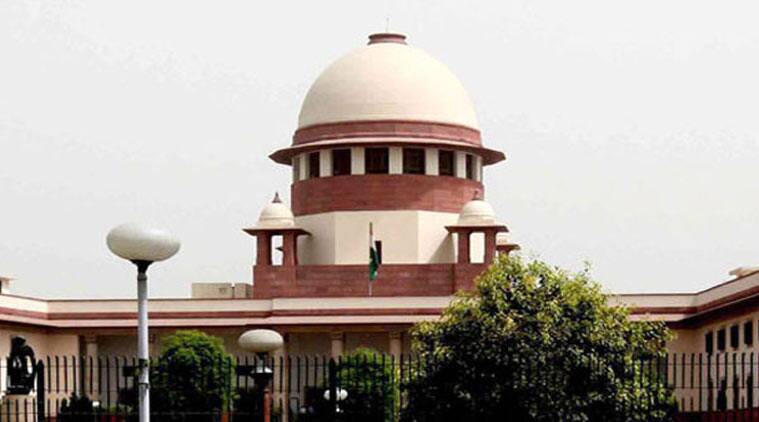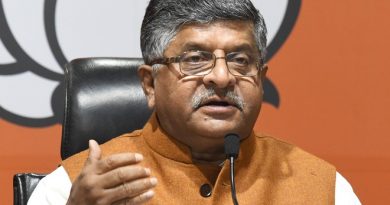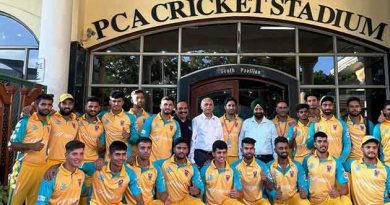SC calls for cutting cash component in elections

New Delhi: The electoral bonds scheme for funding political parties should not become a tool for “legitimisation of quid pro quo” between power centres and people who are benefactors of that power, the Supreme Court said on Thursday as it underscored the need for reducing the cash component in the electoral process.
‘Devise system’
The Constitution Bench said the legislature and the executive could devise a system which did not have the “flaws” of the electoral bonds scheme and was more transparent.
A five-judge Constitution Bench headed by Chief Justice D Y Chandrachud said the legislature and the executive can devise a system which does not have the “flaws” of this scheme and is more transparent.
“You can still devise a system which balances out in a proportional way, that is the point,” the Bench told Solicitor General Tushar Mehta, who was representing the Centre, during the arguments on a batch of pleas challenging the validity of the electoral bonds scheme.
The Bench, also comprising Justices Sanjiv Khanna, B R Gavai, JB Pardiwala and Manoj Misra, said the moment an electoral bond was tendered to a political party, the party knows who has given it.
“Yes, that party will know. What the donor does not want is that the other party should not know this,” Mehta said, adding, “We have to formulate a policy based on practicality”.
He said every party knows who their respective donors were and confidentiality was required with regard to the other party. “If this is so, why not make everything open?” asked the Bench, which reserved its verdict after hearing arguments for three days.
During the hearing, the CJI flagged certain points for consideration. “One, the need to reduce the cash element in the electoral process. Second, the need to encourage the use of authorised banking channel for that purpose, that is the only way you can reduce cash. Third is incentivising the use of the banking channel,” he said.
“There is a fourth consideration which is the need for transparency and the fifth consideration which is that this should not become a legitimisation of the quid pro quo between the power centres, whether in the states or in the Centre, and people who are really in that sense benefactors of that power,” Justice Chandrachud said, adding, “You can design another system which does not have the flaws of this system”.


